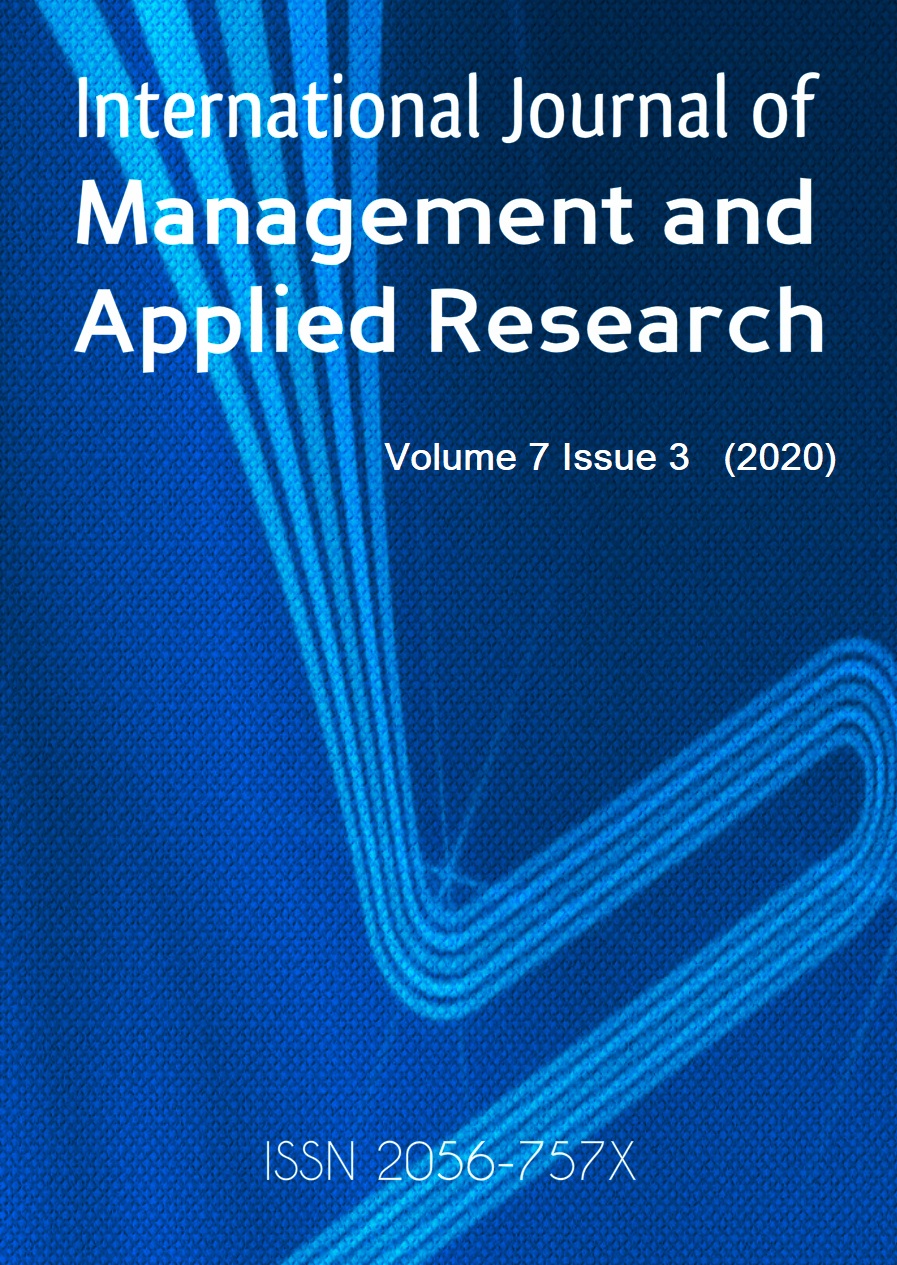What You Create Is What You Learn
What You Create Is What You Learn
Author(s): Monika Sońta, Sławomir MagalaSubject(s): Education, Visual Arts, Adult Education, Higher Education , Educational Psychology, Management and complex organizations
Published by: New Millennium Discoveries Ltd
Keywords: Experiential Learning; Visual Representation; Social Learning; Manual Thinking; Playful Learning; Projective Techniques;
Summary/Abstract: The objective of this paper is to check whether what you see is what you get. In other words, to present an application of a ‘Vision Board’ (VB) technique in the academic classroom as an innovative and creativity-boosting practice.The authors start with the definition of Vision Boards born out of academic wedlock, primarily in art. It is the avant-garde art of the past century that shaped our visual thinking. Artistic experiments gave us collage (from Braque to Schwitters and from Hamilton to Beuys). Artists expressed the fragmentary and relative nature of our perception of reality. Cunning passages led from art shows to university classrooms: this is how a modular ready-to-use creative workshop scenario designed for 60 minutes had emerged. Art shows that the public brings the relativity of aesthetic evaluation with “beauty in the eye of the beholder.” Does the student audience echo this claim to observer’s, receiver’s, reader’s, viewer’s, and listener’s relative and subjective response? In search of an answer, we discuss the drives of student engagement, demonstrated by student decisions to contribute to a collective VB activity with personal Artistic expression, input Creation, process Control, Context defining, Emergence monitoring, and Emotions gauging.Moreover, the authors share their practical experiences from student workshops and the creation of 25 Vision Boards and the potential pains and gains of the application of VB in the classroom. The attention is drawn to a) linking playful experiences to serious topics and theoretical concepts and b) leveraging creative discoveries by upgrading output required by course syllabi.
Journal: International Journal of Management and Applied Research
- Issue Year: 7/2020
- Issue No: 3
- Page Range: 293-307
- Page Count: 15
- Language: English

